Édition 2022
Each year, Cinéma du réel ponders upon the state of the documentary, its forms, its developments and the approaches of its filmmakers. This is what lends the festival its exploratory side, makes it an ongoing research project. In addition to the screening of this flourishing contemporary internatioanal documentary cinema, Cinéma du réel invites us to experience the world and cinema through a plethora of gazes on the world, a plurality of documentary practices and visions other than our own. Because cinema passes from the filmmaker’s mind to the mind of the spectator, it is an art of connivance, even collusion, between filmmaker and spectator, who experiences another imaginary, a universe other than his or her own. But this experience – which is also that of the other or rather the distance separating him or her from me – is singular inasmuch as it also reminds us that we all inhabit the same world. A world to watch without being blinded by the continuous flow of events. And it is perhaps through films that disturb, upend imaginaries, confront other desires, other aspirations, other dreams, that a discontinuity occurs in the inexorable unfolding of real-world events. This discontinuity, which questions, surprises, resists, delights, is what helps us to avoid being blinded and to look at our contemporaries. This is our invitation to the audiences of Cinéma du réel. Catherine Bizern
-
-
-
-
-
-
-
-
-
-
Popular Front(s)
Deprived of the public space, we thought that nothing more could happen to us… no possibility for each to find their place, defend it, lay claim to it. The value of what philosopher Henri Lefebvre dubbed in the 1960s “the right to the city” suddenly became clear to us. Our inner life, our desires and our wants need to be affirmed in the outside world: it’s no coincidence that the main place for venting demands is the street; no coincidence if the powers that be are making the street increasingly inaccessible: its conquest is always the start of a victory of the right to be ourselves and to change ourselves by changing a society and its territory.
The films we have chosen tell the story of citizens reclaiming these places, seizing power over what becomes a space of struggle, but also a place for self-assertion as a group and as an individual. Our programme kicks off with a commemoration of the events in Genoa 20 years ago. The activism of trans people in the feminist revolution, land requisition in Brazil and the occupation of the ZAD (zone to defend) at Notre-Dame-des-Landes, the voices of the Yellow Vests and the setting-up of a town hall with no mayor are all visible eruptions of the possibility for a new world, a new atmosphere. These films tell the story of political commitments that require concrete engagement in a here-and-now and a physical confrontation with the stuff of the world (1) at local level.Catherine Bizern
1. In Barbara Stiegler, Du cap aux grèves, Editions Verdier, 2020.
-
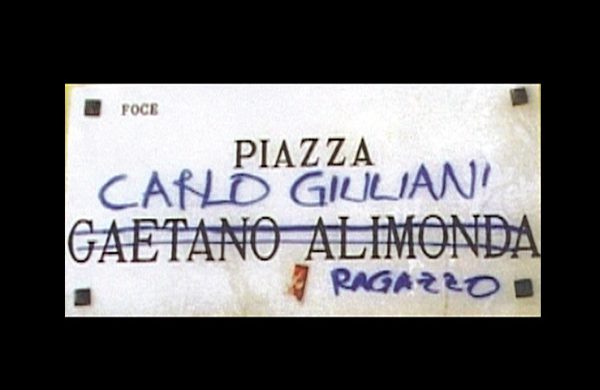
Carlo Giuliani, ragazzo
Francesca Comencini
-
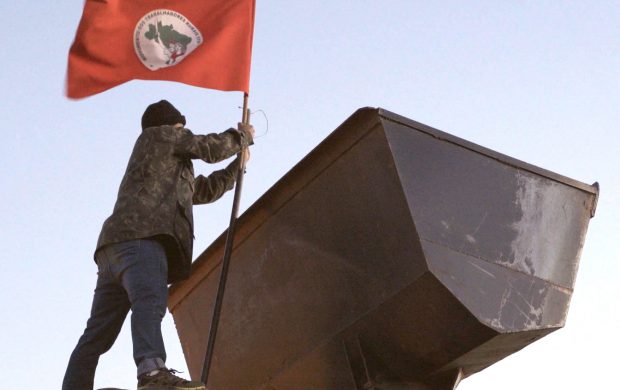
Chão
Camila Freitas
-
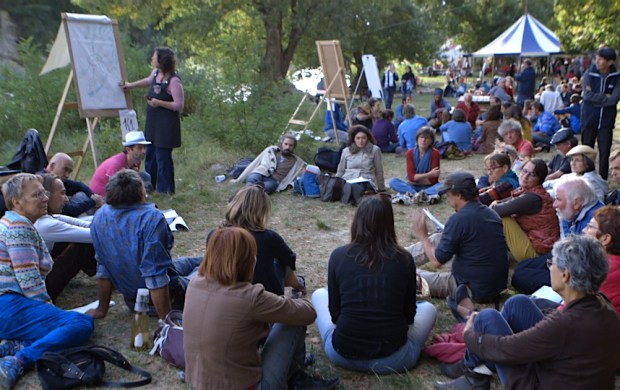
Commune commune
Dorine Brun
Sarah Jacquet
-

Fight local, film local
-
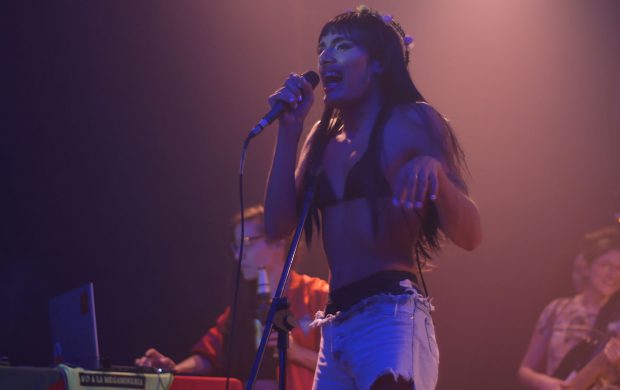
Nos corps sont vos champs de bataille
Isabelle Solas
-
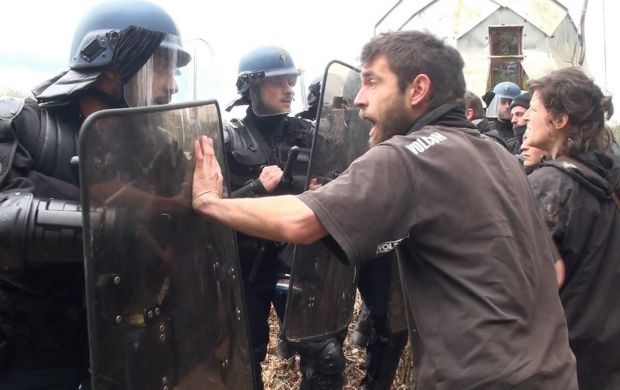
Notre-Dame-des-Landes, la reconquête
Thibault Férié
-
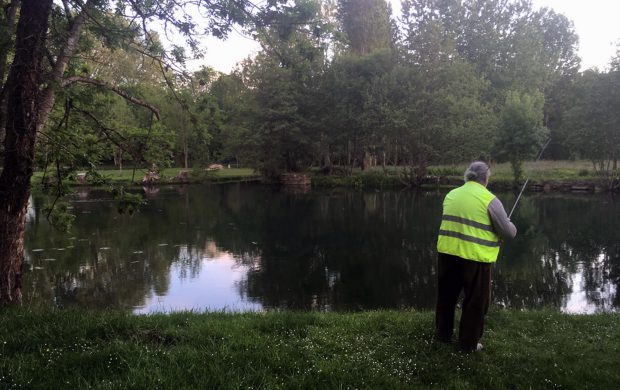
Les Voies jaunes
Sylvestre Meinzer
-
-
-